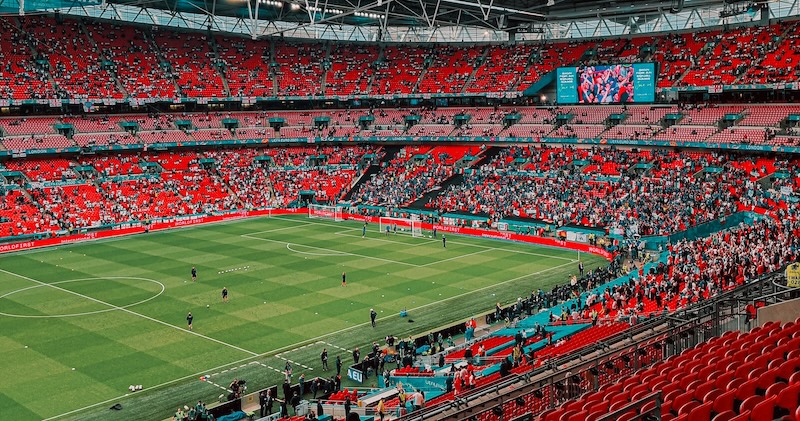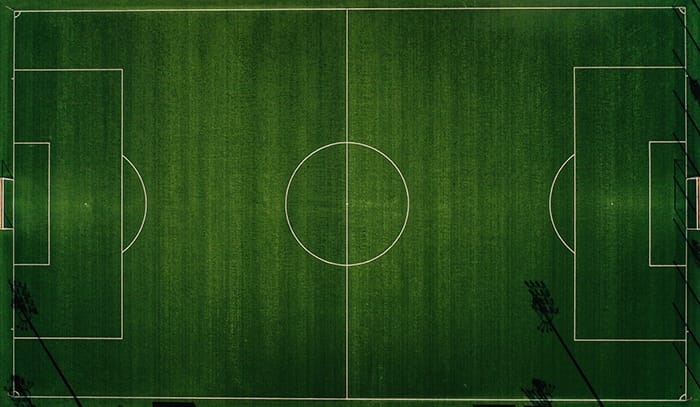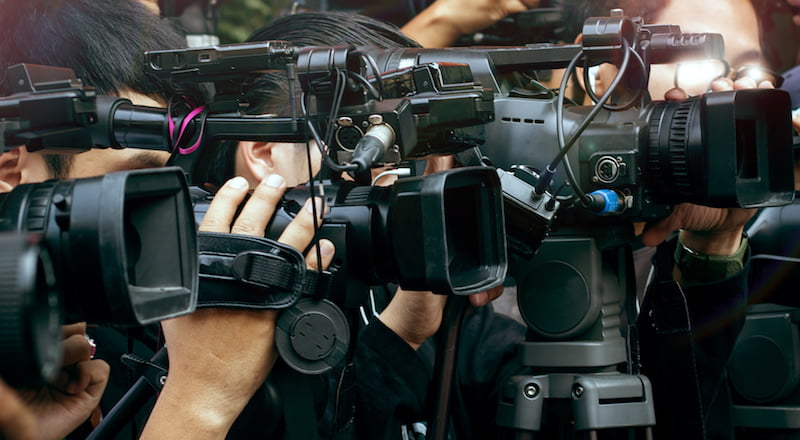Linklaters’ Shamin Choudhury, managing associate and co-head of the firm’s global sports sector group, discusses building a sports law niche at a Magic Circle firm, the legal and commercial forces shaping the sector, and his advice for aspiring sports lawyers

“We officially set up the sports practice in 2019,” recalls Shamin Choudhury, managing associate and co-head of Linklaters’ global sports sector group. He and a veteran partner spotted sports deals ballooning in value and complexity to the point a Magic Circle firm could add real value and apply global expertise. Armed with that insight and a passion for sport, Choudhury helped grow Linklaters’ sports law offering as a newly qualified solicitor — and he’s been at the heart of its growth ever since.
Choudhury, a former state school student who studied law at Warwick University, admits he “didn’t quite enjoy” the dry academic side of his degree until a practical law-and-business module hooked him and made him see a future as a solicitor. By graduation, he still hadn’t secured a training contract. Instead, he took six months to travel and worked briefly as a temporary paralegal at Goldman Sachs, an experience that gave him a glimpse of the finance world and how it operated.
He eventually landed a winter vacation scheme at Linklaters in late 2016, seated in structured finance — a department he jokes he “still doesn’t fully understand what every part of the team does” — which led to a training contract offer. During his training, Choudhury rotated through a series of transactional seats from banking to private equity, including a secondment in Dubai. “I always knew I was more of a transactional lawyer than a litigator,” he reflects. He qualified in March 2020 having just returned from secondment, just as Covid lockdowns hit which he says was an unusual start to life as a new associate.
Right as he qualified, an early mentor, partner Julian Davies, saw the sports sector on the cusp of something big. Sports deals were reaching sizes and levels of complexity where “it made sense for us to be involved,” Choudhury explains. So in 2019 Linklaters formed its dedicated sports sector team, with Davies spearheading and Choudhury handling much of the early legwork from the transactional side. What began as a speculative venture with an open “give it a go” mentality quickly gained momentum.
Choudhury continued his structured finance work (which often lent itself well to unique sports deals) even as sports mandates started to flow in. “We got a lot of mandates from various types of institutions in the sports space, and that’s where we really grew our practice,” he says of the early mix of sports-related M&A, regulatory and financing matters. In 2023, he spent nearly a year on secondment in New York, serving sports clients while further honing his finance skills. Having now worked in London, Dubai and New York, he brings a global perspective to the practice. Today, as co-head, he coordinates and works with a network of lawyers across the firm whenever a big sports deal comes in. “It’s not six or seven people sat in a corner doing sports work every day,” he points out. Instead, specialists from competition, litigation, corporate, finance and other teams assemble around each sports matter, marrying their expertise with a shared passion for the sector.
His client work is equally varied. One day might involve quietly chipping away at a long-running project; the next could bring urgent calls requiring quick thinking and reactive advice. “You’ve got to manage your day well,” Choudhury says, describing how he juggles steady deal work with ad hoc queries by setting priorities and pulling in colleagues as needed. Amid it all, he carves out time for business development, constantly looking for new opportunities and connections. He urges junior lawyers to do the same from early on: building confidence and a network is an ongoing part of the job, not something to leave until you’re senior.
Over the past few years, Choudhury has amassed an enviable roster of sports-related work. Much of it is confidential, but a few highlights can be shared. On the club side, he helped a long-term client go from minority ownership in 2021 to majority ownership of Norwich City FC by 2025. “We’ve assisted in the journey of acquiring a small piece to becoming the steward of the club,” he smiles, having guided the client through incremental share purchases and the maze of football regulations that come with club ownership. His team has also been involved in private equity investments across sports, including in league-based deals and media rights — though details remain under wraps. More recently, he’s advised on a deal spanning across women’s football, basketball, cricket with others in the practice advising in the fast-paced sphere of Formula 1. It’s an eclectic practice that, he jokes, makes his mainstream finance deals feel less exciting to others by comparison.
Choudhury sees a few major trends powering the sports law boom. “Women’s sport is front and centre for many now and represents a strong business opportunity,” he says, highlighting the surge in interest and investment in women’s leagues and clubs. Investment within and originating from the Arabian peninsula is another driver — countries in the region are pouring resources into sports at home and abroad, rapidly transforming the landscape. Then there’s the continued rise of competition law issues in sport. From breakaway leagues to clubs and players challenging regulations and laws, stakeholders are more alive than ever to their legal rights and increasingly willing to compete in legal forums. As deals get larger, “clubs, leagues and investors are getting more clued up about protecting their own interests,” he notes.
With these opportunities come challenges. One is the sheer volume of regulation: sports businesses must comply with layers of sporting rules on top of ordinary law. Another is bridging the cultural gap between traditional sports insiders and the finance-savvy investors now entering the arena. “These two groups have not typically worked closely together in the preceding decades,” Choudhury explains — and part of his job is translating between the passion of sport and the pragmatism of business. Finally, there’s often tension among stakeholders themselves. Sport is an inherently emotional investment, he notes. Owners who are fans at heart want to win trophies, which doesn’t always sit easily with the need for sustainable, profit-minded management of a pure business. Negotiating that balance is often important for a lawyer to understand — a rounded commercial view is a powerful tool for any lawyer, he notes.
For those keen on this field, Choudhury’s advice is straightforward. He emphasises that “sports law” isn’t a single defined discipline — “there’s no Sports Law Act,” he quips. Rather, it’s a collection of legal areas applied to a sports context. So focus on the aspect that excites you most — be it finance, regulation, media or something else – and get as much exposure to it as possible. That could mean writing about sports-related legal issues, volunteering with a sports organisation, or simply reading up extensively. Networking is also key. Choudhury encourages reaching out to people in the industry for insights — “nine times out of ten, they’ll say yes,” he notes — but he advises having a clear purpose when you do, rather than a vague request to chat. And don’t worry if your route isn’t linear. Choudhury himself took a winding path, and believes those extra experiences only helped. It’s a long career — “a marathon, not a sprint” as many of his mentors have advised over the years — and the world of sports law will reward genuine passion and the initiative to seize opportunities when they arise.
Shamin Choudhury will be speaking at ‘Behind the game: Explore sports law — with Linklaters’, a virtual student event taking place on Thursday 25 September, from 4pm to 6pm. APPLY NOW.
@linklaterscareersuk It’s Summer Vacation Scheme Season! Here are our Top Tips for Day 1:
Arrive early – a little extra time helps you settle in and shows your enthusiasm
Introduce yourself – greet your new colleagues and fellow schemers, and let your personality shine
Dress professionally and comfortably – first impressions matter, so choose something professional that you feel good in
Don’t forget your notebook and pen – you’ll want to capture key insights along the way Come along with Jess to see what a day on the scheme really looks like! #vacationscheme #linklaters #career ♬ House Glamor Fashion – PMsound
About Legal Cheek Careers posts.











